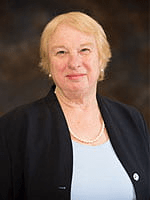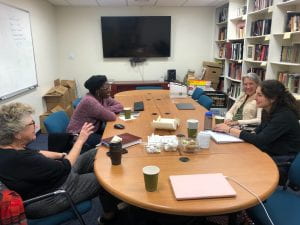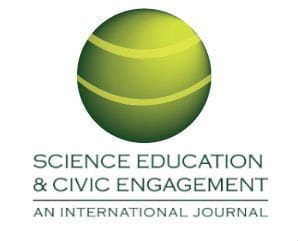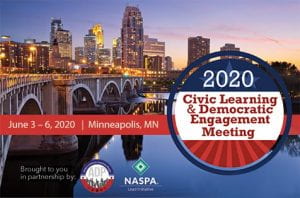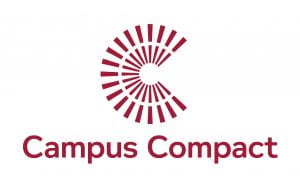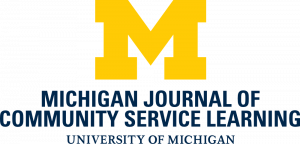
The Global Citizen Forum: Struggles, Strategies, and Solutions for Diversity, Equity, and Inclusion in Higher Education, hosted by Drake University and University of KwaZulu-Natal, are calling for presentation proposals.
The conference brings educators, students, and scholars from many fields to discuss ways to create a more diverse higher education field. The conference will focus on:
- Exploring historical influences of today’s present
- The role of activism in transformation
- Teaching strategies and the role of research methods to effect impactful change
- Addressing structures and power relations within institutions
The conference will be held at Drake University in Des Moines, Iowa on March 4-7, 2020. Presenter submissions will be accepted on a rolling basis with final decisions being made by January 15, 2020.
If you would like to learn more about the conference or check out the electronic submission form, click the links.
 Dr. Dana Hines, Assistant Professor of Nursing, recently published HIV Testing and Entry to Care Among Trans Women in Indiana. In the article, Hines and other scholars conduct “in-depth interviews regarding participants' HIV care experiences were analyzed using standard content analysis.”
Dr. Dana Hines, Assistant Professor of Nursing, recently published HIV Testing and Entry to Care Among Trans Women in Indiana. In the article, Hines and other scholars conduct “in-depth interviews regarding participants' HIV care experiences were analyzed using standard content analysis.” 
